What is Windows XP? Everything You Need to Know
Everything you need to know about the OS
4 min. read
Updated on
Read our disclosure page to find out how can you help Windows Report sustain the editorial team. Read more
Key notes
- Windows XP, though an outdated OS, continues to command a significant market share.
- While the iteration is not supported anymore, users on low-end PC still use it.
- The last update to Windows XP was released on May 6, 2008.
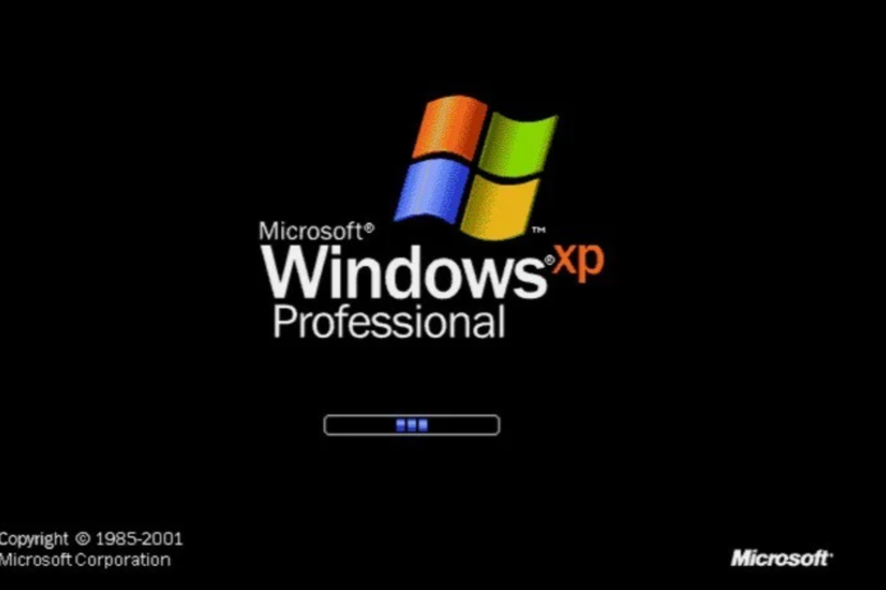
Windows XP is an operating system produced by Microsoft for use on personal computers, including home and business desktops, laptops, and media centers.
Though several advanced iterations have been released in the last two decades, a large number of users continue running Windows XP on their devices.
When was Windows XP released?
It was first released to computer manufacturers on August 24, 2001, and to the general public on October 25, 2001.
It is one of the most popular versions of Windows, based on the installed user base. For those wondering what the full form of Windows XP, the name XP is short for eXPerience, highlighting the enhanced user experience.
Windows XP was preceded by Windows 2000 and Windows Me and was succeeded by Windows Vista.
On April 8, 2014, Microsoft released the last updates for Windows XP. So, this version of Windows is no longer supported by Microsoft. Still, the iteration remains popular among users, and you can continue using Windows XP.
How many versions of Windows XP are there?
Microsoft provided seven editions (sometimes referred to as versions) of Windows XP. Still, just the first two from the list below were widely available to the common user:
- Windows XP Professional
- Windows XP Home
- Windows XP Media Center Edition (MCE)
- Windows XP Tablet PC Edition
- Windows XP Starter Edition
- Windows XP Home Edition ULCPC
- Windows XP Professional x64 Edition
The Home edition is for the average user and low-cost PCs. So, Windows XP Home is aimed at first-time computer users.
The Professional edition is more enterprise-oriented and can join a Windows domain, Internet Information Services, and Multilingual User Interface.
What are the main features of Windows XP?
Windows XP is an easy-to-use operating system. The fact that it is intuitive and user-friendly makes it one of the most popular Windows versions.
The user interface is a nice feature in Windows XP, completely different from previous versions, such as Windows 2000 or Windows Me. Microsoft developed a new, more appealing, and user-friendly visual appearance with visual styles and different effects.
Also, it brought a vast and diverse suite of tools and programs, making Windows XP a more secure, reliable, and stable operating system than the previous versions.
A few new features are as follows:
- User interface
- Built-in CD burner
- Device Driver Rollback
- Internet Connection Firewall
Updates to Windows XP over the years
Windows XP was updated in service packs. A service pack is a cumulative update, somehow similar to the Windows 10 cumulative updates. Still, in contrast to Windows 10, the updates for Windows XP were fewer and bigger.
For example, the transition from Windows XP Service Pack 1 to Windows XP Service Pack 2 is bigger and more complex than the transition from Windows 10 version 1809 to Windows 10 version 1903.
Microsoft released three service packs. The third and final one, SP3, was released to the public on May 6, 2008. You now know when was the last XP update.
What are the minimum Windows XP specs?
- Hard Drive: 1.5 GB free space (5 GB Windows XP SP3)
- RAM: 64 MB (recommended 128 MB)
- CPU: 233 MHz (recommended 300 MHz)
- Graphics Card: 800×600 or greater
- CD-ROM or DVD-ROM drive
For those wondering, can Windows XP run on 2GB RAM, it can, and it will! Also, the performance would be as good as 8-16 GBs of RAM on a later iteration of the OS.
Fortunately, no computers are on the market to come near these extremely modest specifications. So, if you’re nostalgic, a modern PC would run Windows XP without issues of this sort.
What are the hardware limitations of Windows XP?
Windows XP Starter is limited to 512 MB of RAM, and all other 32-bit versions are limited to 4 GB of RAM. Also, 64-bit versions of Windows XP are limited to 128 GB.
Regarding the physical processor, the limit is 1 for Windows XP Home and 2 for Windows XP Professional. For 32-bit versions, the logical processor limit is 32, and for the 64-bit version of Windows XP, the limit is 64.
That’s all you need to know about Windows XP! And for those still running the outdated OS, here is the best software to download on Windows XP. Besides, do get a Windows XP optimizer for enhanced performance.
For any queries or to share your review of Windows XP, drop a comment below.
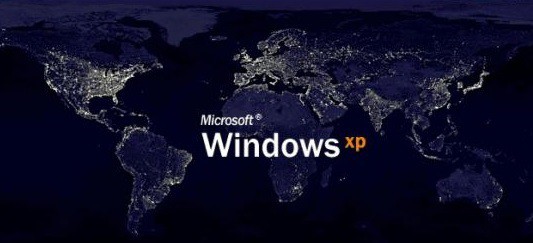
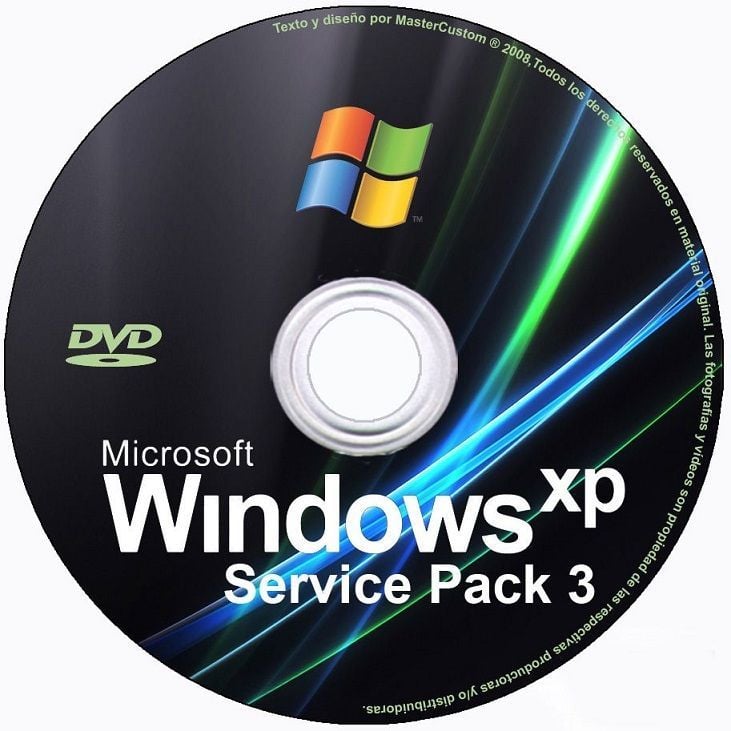
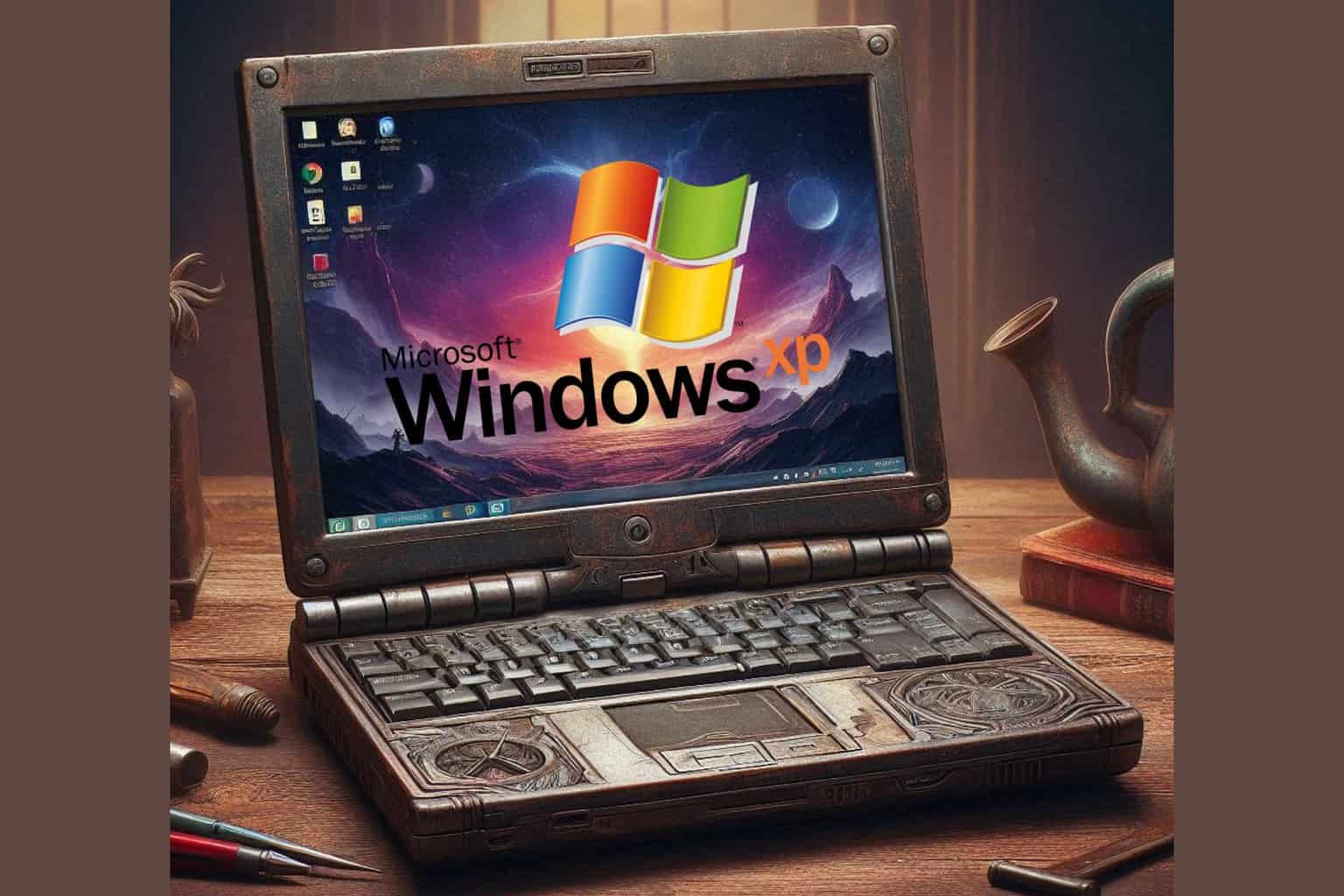
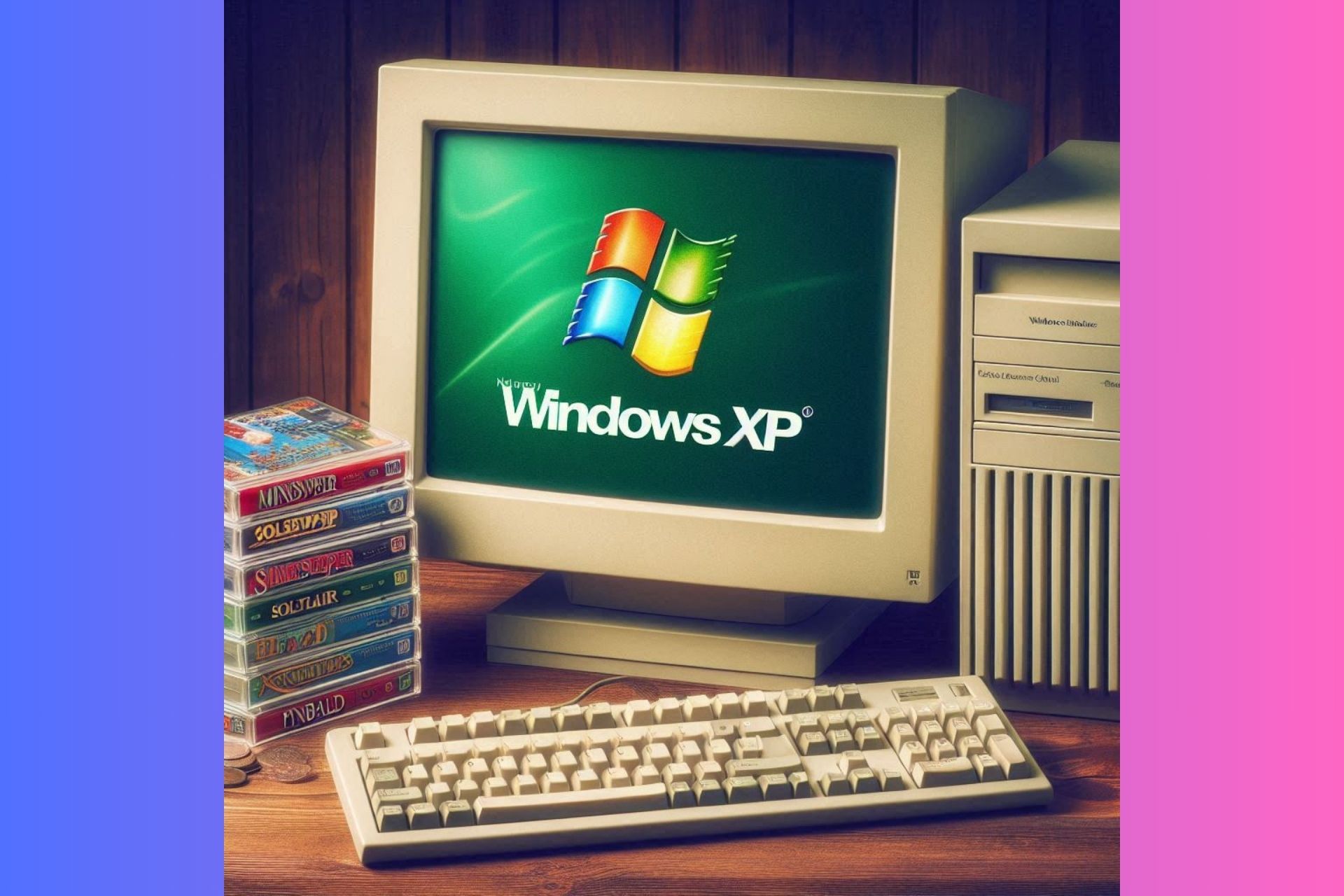
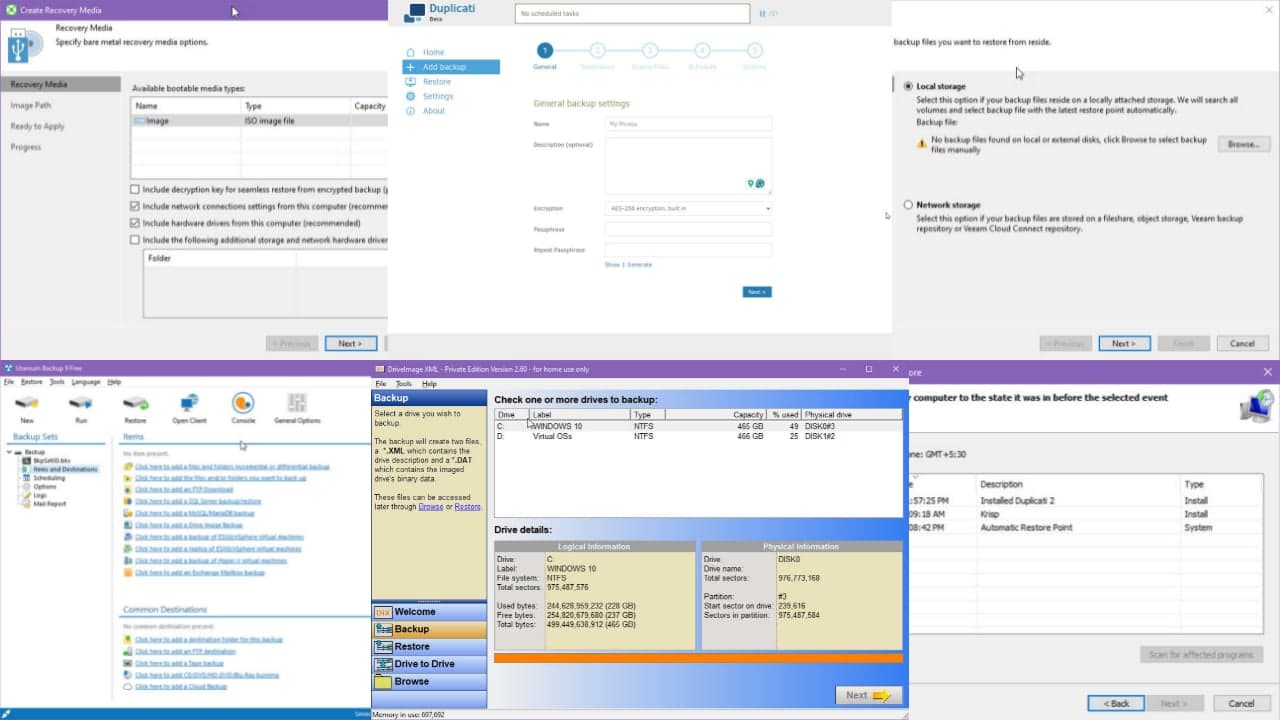
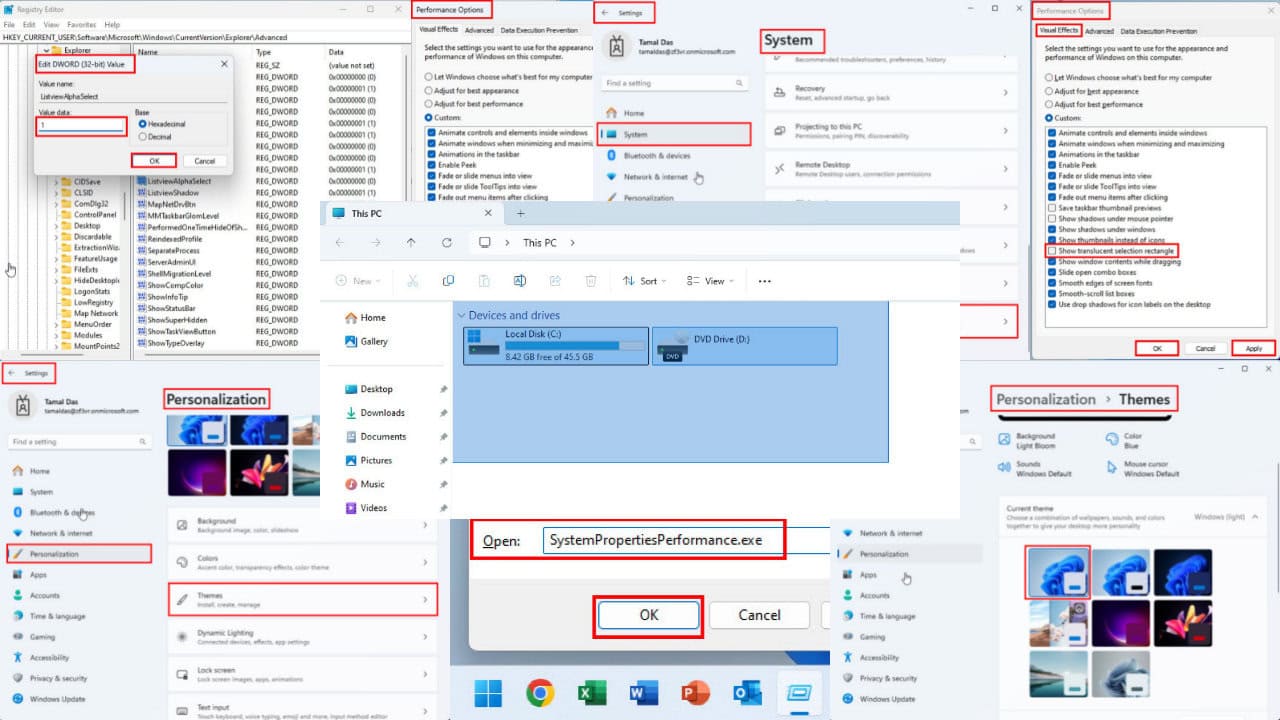
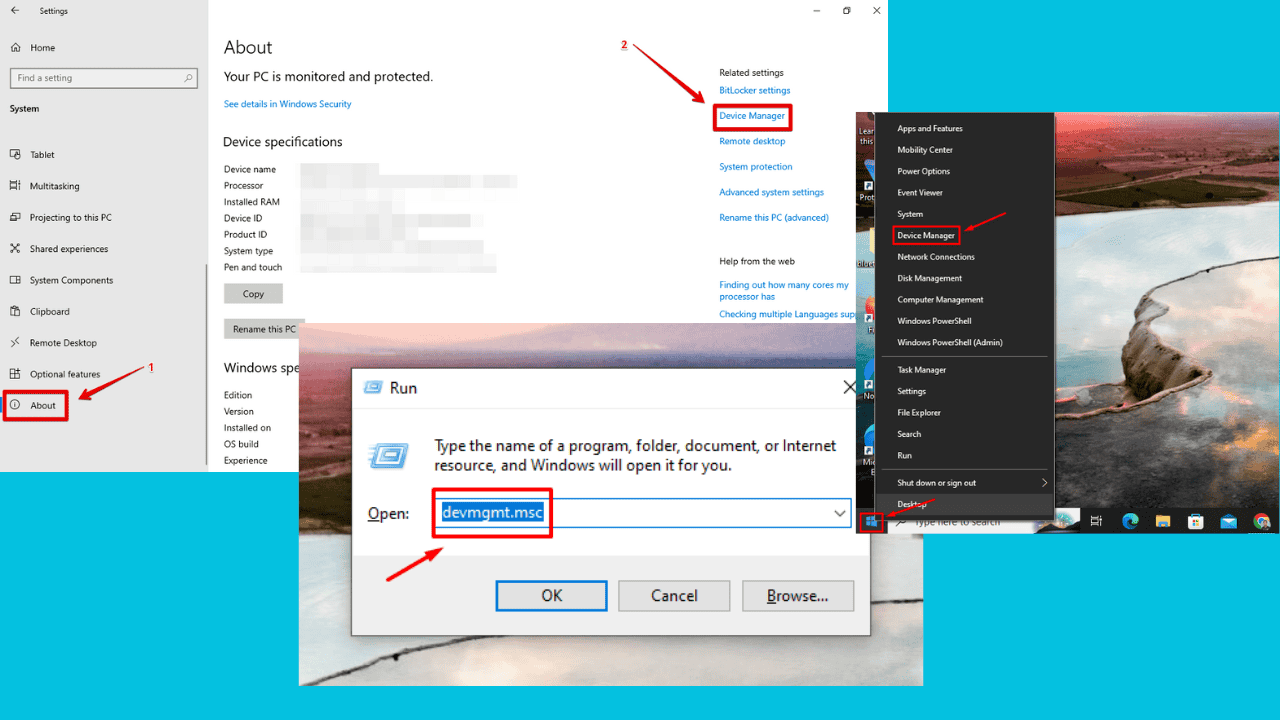
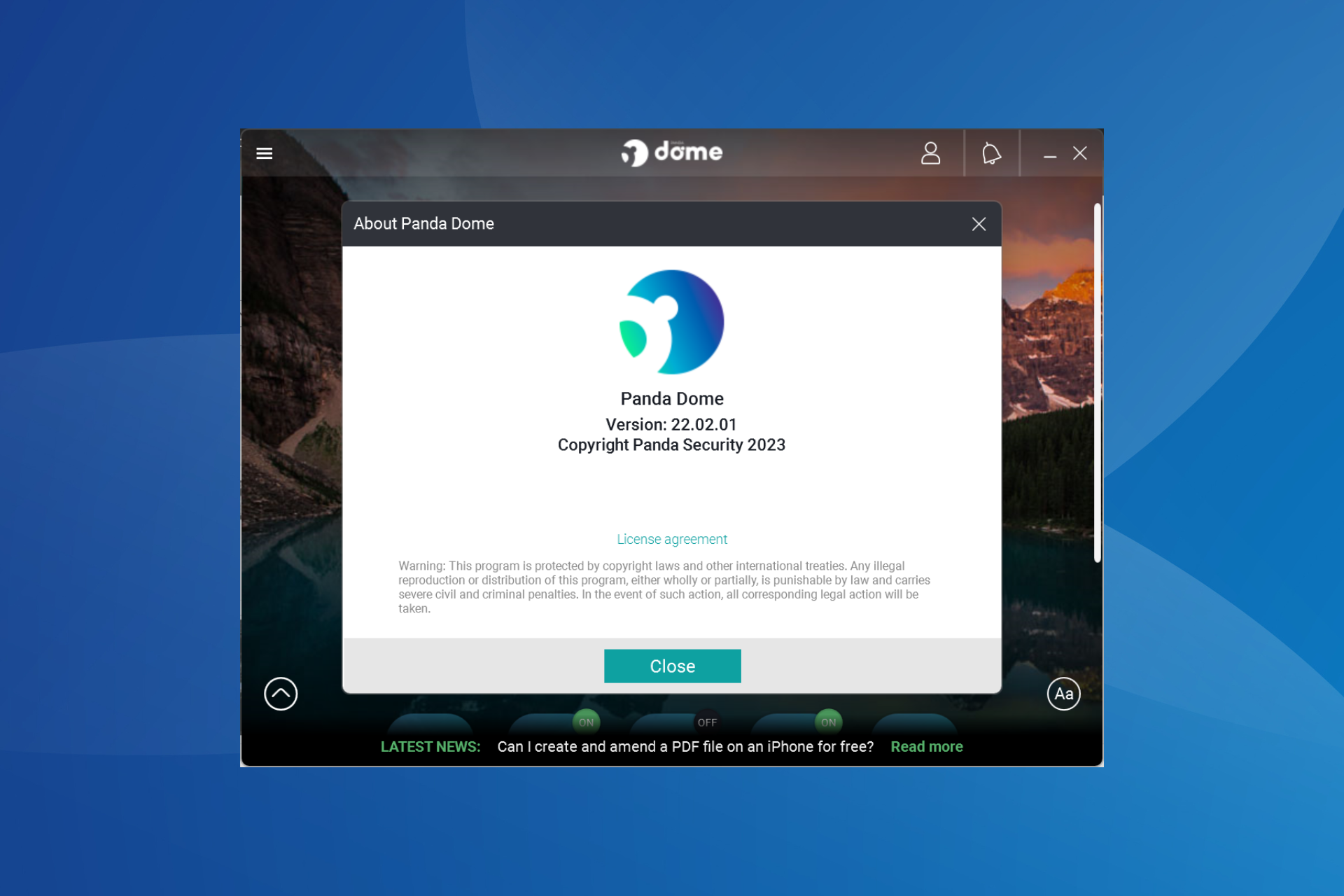
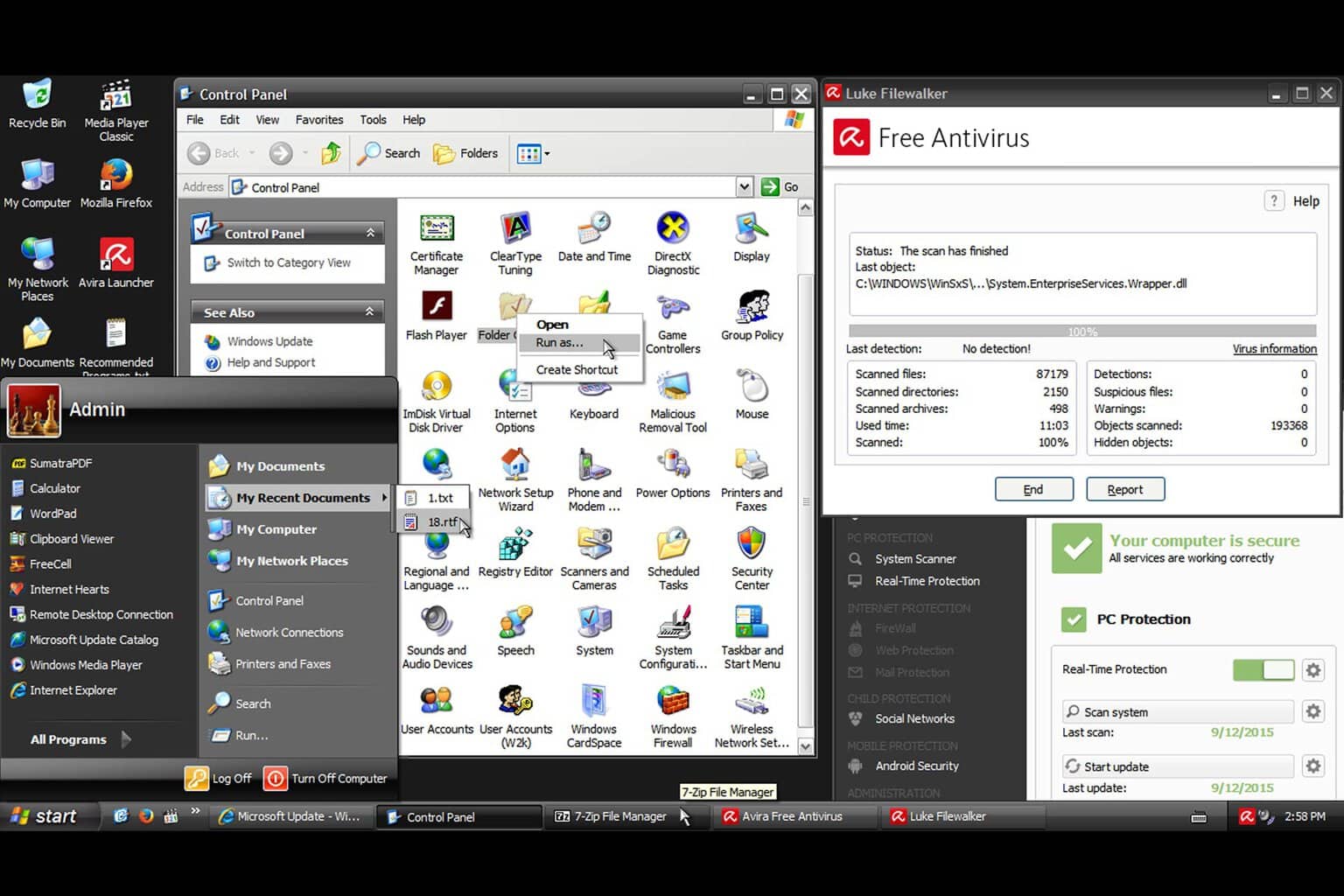
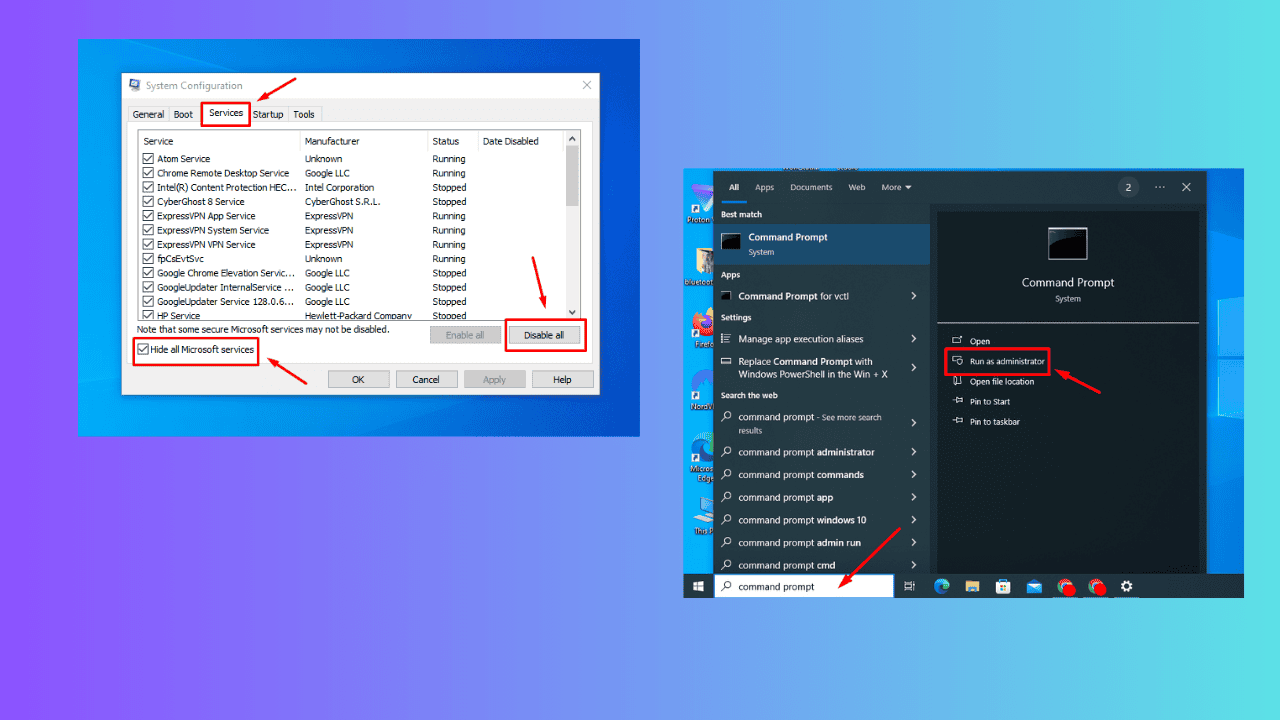
User forum
0 messages